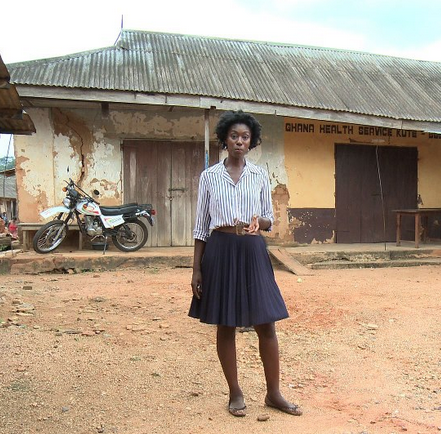A wonderful initiative by Creative Storm is the Maternal Health Channel on GTV on Thursdays at 8PM and on TV3 on Fridays at 8.30 PM. The program sheds light on maternal health in Ghana, or rather the lack of it.
The series started with the story of Charity, a woman who did not survive giving birth.

MHC write on their very active Facebook page:
“Every maternal death is an intensely personal tragedy and it is essential to hear the stories of those who have suffered in order to illuminate an issue that is both immediate and far more complex than it seems on the surface.
We can change; Ghana can achieve Millennium Development Goal #5, the reduction of maternal mortality by 75% in the year 2015. The first step is EVERYONE having a discussion about an epidemic that is far too often overlooked. The first step is with YOU.”
As a mother and a daughter and a citizen of the world, it angers me terribly that women should have to give up their life when giving life. We know it takes 9 months, we know you need vitamins and clean water, we know giving birth is a risk and a hard job, we know how to create the best possible chances for both mother and baby to survive – still women are dying for no good reason at all.
This week, they go to Kute Buem in the Volta region, see pic.
Personally, I think The Maternal Health Channel is one of the most important media initiatives in Ghana I have ever seen. It is massive, well thought out and quite digital (facebook, vimeo, tumblr, on Twitter use hashtag #mhcghana). If you agree with my sentiments or, better yet, with their mission to save more mothers and babies in Ghana, please spread this information to your networks, discuss online, blog on it and watch the program!
I have written on this topic before Why Are Mothers Still Dying? and When I Donated Blood and Ganyobinaa also wrote about MHC.
